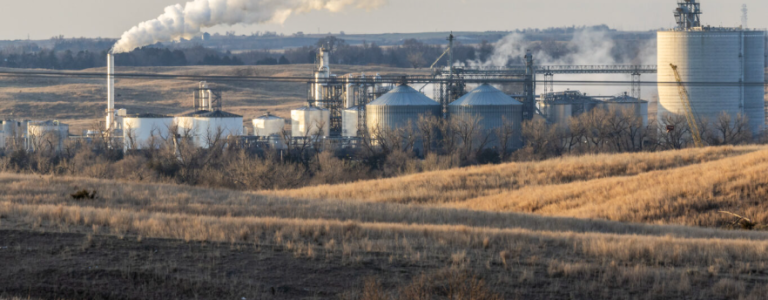
June 14, 2025
Driven by surging mandates for biomass-based diesel, the Trump administration on Friday proposed increasing the volume of biofuels that U.S. refineries must blend into…
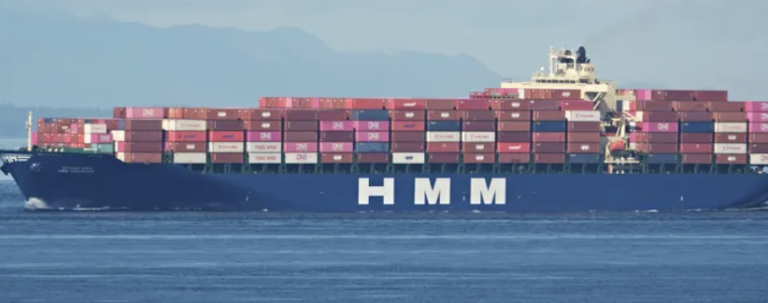
June 14, 2025
Shandong Port Qingdao Port Group Co., Ltd. (hereinafter referred to as “Shandong Port Qingdao Port”) announced on the 14th that at Berth 109 in…
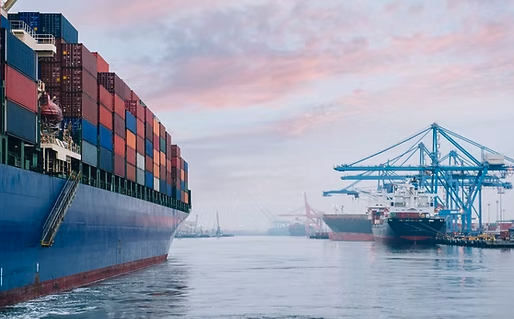
June 9, 2025
On June 4, Regional Container Lines Public Co. Ltd. (RCL), a well-known container shipping company in Thailand, formally signed a Memorandum of Understanding (MOU)…
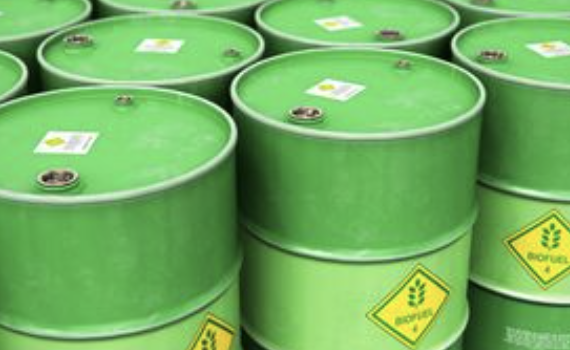
June 5, 2025
At the World Hydrogen Summit in Rotterdam, India’s AM Green signed a significant Memorandum of Understanding (MoU) with the Port of Rotterdam Authority, aiming…
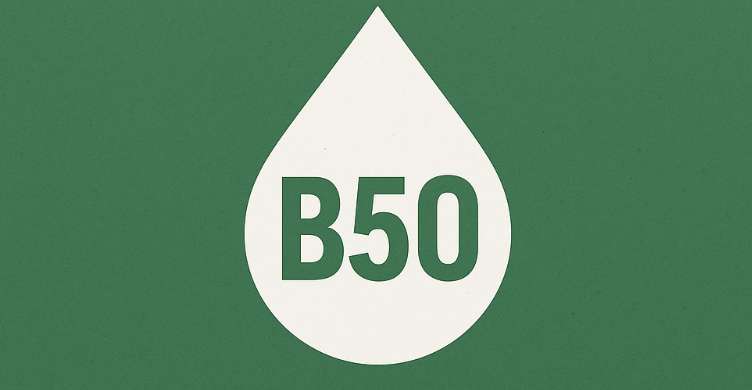
June 3, 2025
The Indonesian government recently announced plans to promote the production and use of biodiesel B50, i.e. to increase the proportion of biofuel in diesel…
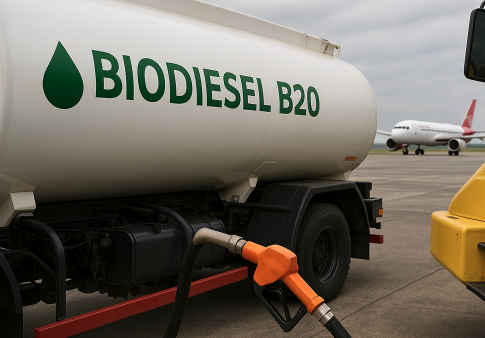
May 30, 2025
Malaysia’s Minister of Plantation and Raw Products, Datuk Seri Zohari Abdul Ghani, recently said the government is pushing for a transition from B10 to…

May 24, 2025
In the early hours of May 22, the U.S. House narrowly passed the HR 1 bill, which includes key provisions to extend and update…

May 23, 2025
The Japanese government will introduce 10 percent biofuel blends in different parts of the country from 2028 and plans to roll them out nationwide…
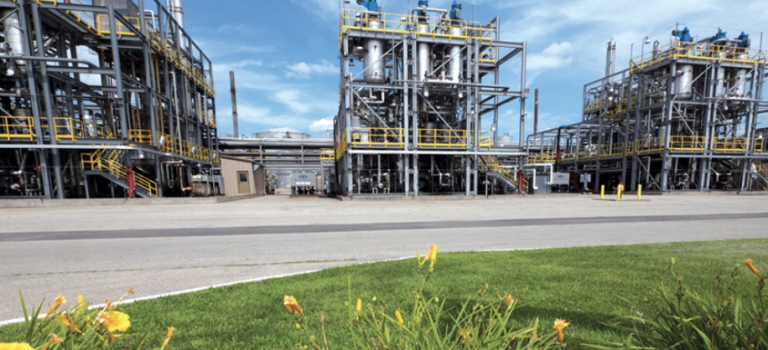
May 21, 2025
Chevron is set to lay off 70 employees at the headquarters of its Renewable Energy Group (REG) in Ames, Iowa, according to a Worker…
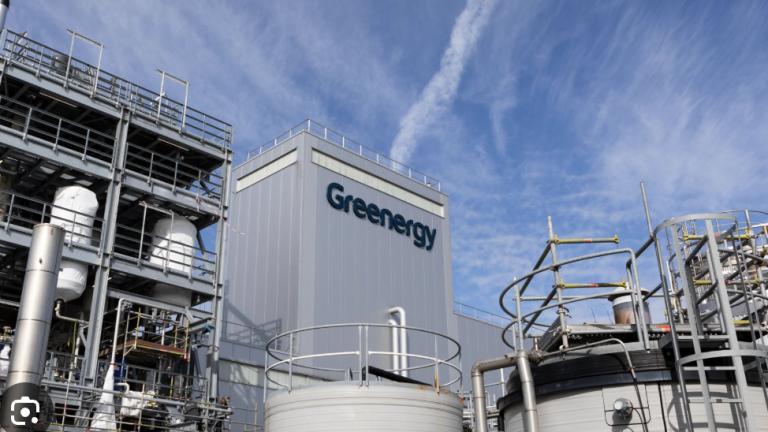
May 21, 2025
Against the backdrop of a global surge in green energy, the UK’s home-grown production of renewable fuels has suffered frequent setbacks. Recently, Greenergy, the…










